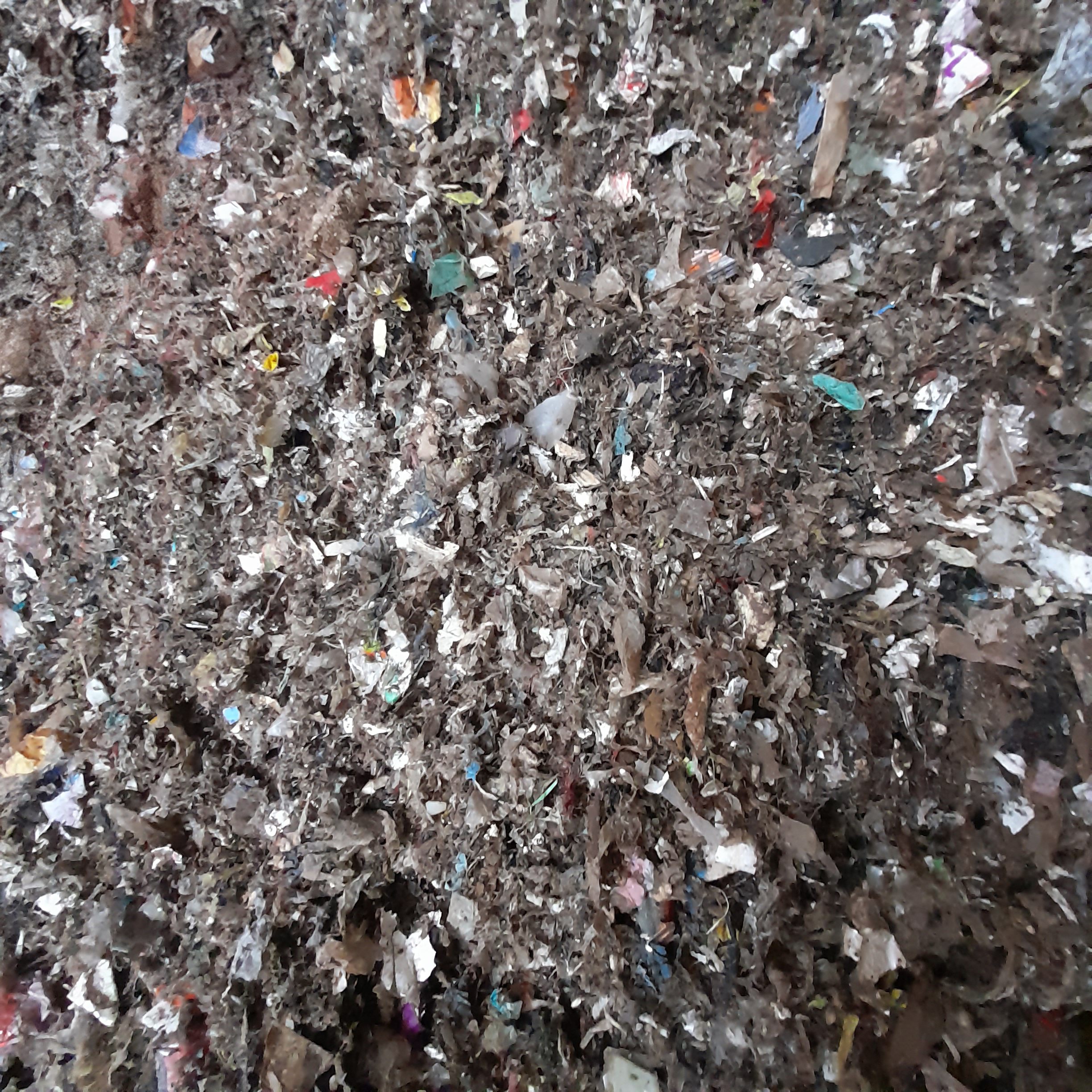Veolia manages nearly 50 million tons of waste worldwide every year within the framework of circular waste management.
2.5 billion tons of waste are generated in Europe annually, a significant part of which ends up in landfills or incineration. The main goal of the circular economy action plan adopted by the EU is to reduce the amount of waste. In addition, the European Parliament urges the member states to increase the amount of recycling, reduce the use of landfills and minimize the incineration of waste.
According to the common European objective, at least 55% of municipal waste must be recycled by 2025, and then this ratio would be gradually increased. At the same time, the rate of landfilling would also be reduced, so that by 2035, no more than 10% of municipal waste may end up in landfills.
In addition to environmentally conscious waste management, our company's goal is to implement a circular economic model, to create recycled material flows, to provide waste management and management solutions that contribute to the preservation of natural resources.

Waste to Energy
As part of the transition to a circular economic model, Veolia Waste Hungary Kft.'s Vasvár site produces SRF - Solid Recovered Fuel, which is used as an economical and environmentally friendly fuel in our power plants.
The producing capacity of the Vasvár plant is 50,000 tons/year of SRF.
At our company's site in Vasvár, we accept high-calorific value waste produced partly from residential municipal waste and partly from industrial sources, which cannot be reused, or only at excessive costs. With the help of our technology, we make the received material suitable for energy utilization at the power plant. During the multi-stage processing, shredding takes place and the sorting out of pollutants, resulting in fuel that is no longer classified as "waste" but as a "product", named SRF.
SRF is a product made from waste that undergoes a strict inspection and product qualification process. The use of this chlorine-free, commercially available fuel is widely accepted in Europe, since its energetic utilization, in addition to favorable environmental protection indicators, can replace a significant amount of fossil energy carriers.


